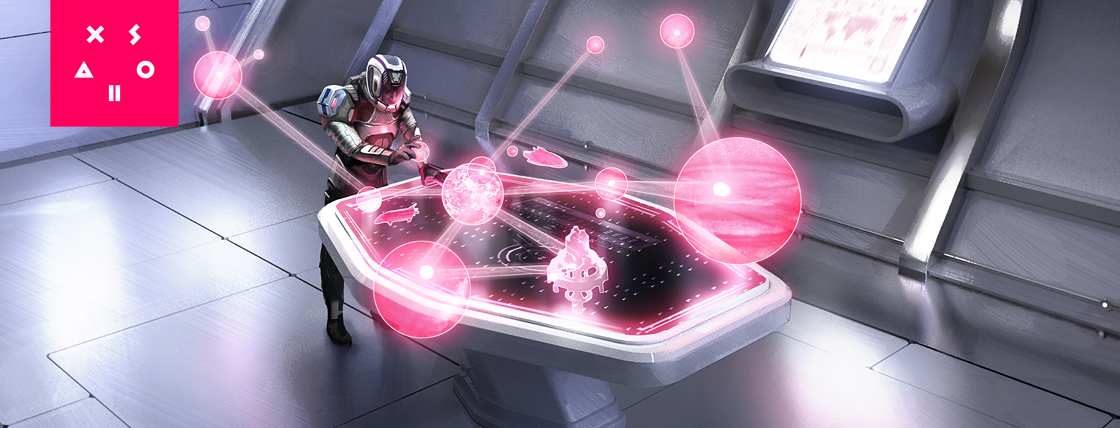Why should game developers consider third-party payment solutions?
Successful monetization requires offering players the widest selection of payment methods and reducing the path to purchase. This is the opinion of experts at Xsolla. Implementing a ready-made payment solution is the best way to organize this process. Here, we discuss the challenges developers might face if they opt to handle payments directly.
Tax Burden
Developers often want to launch their game in multiple countries or globally. In every country, game developers' activities are regulated by local tax laws, but the tax rate and registration conditions vary by region. Before registration, several hurdles must be overcome, involving documentation and waiting for approval. Afterward, developers need to fill out tax declarations and calculate unit economics* accounting for taxes in each country.
*Unit economics is a metric that allows for calculating profit/loss per customer. It helps determine whether there's financial sense in scaling a project and where its break-even point is.
For an accurate assessment of the tax burden, an algorithm is needed to determine which country's tax should apply to a transaction. Besides the location of the paying user, one must consider the country where the credit card was issued, the phone number, and the payment method. To avoid penalties for late submissions and correctly fill out all declarations, investing in knowledgeable attorneys is necessary.
Legal Issues
In addition to tax legislation, some countries have restrictions on working with non-resident companies. For example, in Brazil or India, it may be necessary to establish a local legal entity. Even if the initial plan does not involve entering the global market, legal challenges might arise within a single country when establishing cooperation with the most common payment methods. For instance, in Russia, signing contracts and clarifying all nuances with the top five payment systems can take over two months.
Payouts
During the payment phase, two common issues arise: high payment system commissions and payout delays due to sum limitations. Developers are forced to wait for an accumulative amount to be withdrawn. A developer unfamiliar with market rate levels may not realize how significant a portion of the payment goes to the system.
In contrast, the "Xsolla Payments" solution guarantees a simultaneous payout from all payment systems on the 30th day, using transaction ledgers for reconciliation, ensuring developers receive the full amount due.
Anti-fraud
Sometimes, players dispute transactions they did not make or made by mistake and contact the bank to open a dispute. If developers can't prove the transaction's legitimacy, they’ll face a fine (ranging from €10 to €25).
If the number of disputes significantly exceeds the average traffic for credit cards, there's a risk of being flagged by international payment system fraud-monitoring programs. Banks may temporarily suspend card transactions. To minimize this risk, developers benefit from working with intermediaries who often assume some of the risk and employ anti-fraud solutions.
Customer Support
When a developer works directly with payment services, all complaints from disgruntled players are directed at the game creators. Developers typically lack the tools needed to resolve payment issues, and staff spend time dealing with angry players. Implementing a payment solution can save employee time and company money. For instance, "Xsolla Payments" handles user support organization and swiftly resolves transaction problems, allowing developers to focus on improving the game.
***
By implementing a third-party payment solution, a developer saves not only time but also finances: "Xsolla Payments" handles all tax and legal issues and offers players a choice of over 700 payment methods, thus increasing loyalty to the game and publisher.
Currently, authors of Phoenix Point, Mutant Year Zero: Road to Eden, Smite, and other games are working with "Xsolla Payments." Among Russian partners are developers of Royal Quest, Life is Feudal, and Niffelheim, as well as the browser game 'Legends of the Ancient.' The publisher of the latter — Alexey Lebedev — explained the integration of a third-party solution as an optimization of expenses:
"For developers not yet considering a third-party payment solution, I suggest creating a table with several options to compare risks, conversion rates, and expenditures on cash registers and accountants. If our team had implemented a payment solution independently, we would have spent not only a lot of time but also resources."
Lebedev also emphasizes that his main interests were high conversion rates, the ability to interact with receipts, constant player support, and maintaining documentation. Managing all these solutions internally, he considers a mistake — they should be outsourced to focus on development.
